The Academic Staff Union of Universities (ASUU) has, once again, directed its members across public universities in Nigeria to commence a two-week warning strike, effective Monday. The decision, announced on Sunday, follows the expiration of a ultimatum issued to the Federal Government and signals a breakdown in negotiations aimed at preventing another protracted disruption to the nation’s tertiary education system.
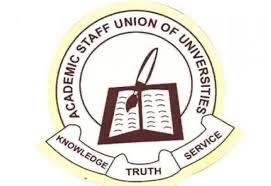
The union’s National President, Prof. Chris Piwuna
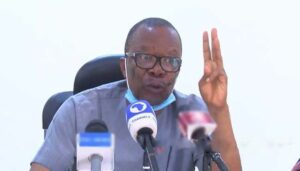
, made the declaration at a press briefing held at the University of Abuja, citing the government’s “failure to address outstanding issues” as the primary catalyst for the industrial action.
This renewed standoff plunges Nigeria’s public universities back into a familiar state of uncertainty, coming just as academic activities were regaining stability after the union’s eight-month-long strike in 2022.
The Breaking Point: Unfulfilled Promises and Elusive Agreements
The current impasse revolves around a familiar catalogue of grievances, many of which were at the core of the 2022 strike. Key among them are:
1. Incomplete Implementation of the 2009 FGN-ASUU Agreement: This decades-old agreement, particularly its aspects concerning funding for university revitalization, remains a central point of contention. ASUU alleges that the government has reneged on its commitment to inject necessary funds to rescue the decaying infrastructure in public universities.
2. The Issue of the Withheld Salaries: ASUU is demanding the payment of salaries withheld during the previous prolonged strike, a move the union describes as punitive and illegal. This remains a significant sore point and a symbol of the trust deficit between both parties.
3. Proliferation of Universities and Visitation Panels: The union continues to challenge the government’s establishment of new public universities without providing adequate funding for existing ones. They argue this dilutes resources and exacerbates the problems in the sector. Furthermore, ASUU is pushing for the release of the reports of Visitation Panels set up to probe the finances of universities.
4. The UTAS vs IPPIS Standoff: The disagreement over the payment platform persists. While the government has insisted on its Integrated Payroll and Personnel Information System (IPPIS), ASUU has rejected it, citing flaws and its incompatibility with the unique structure of the university system. The union’s own preferred alternative, the University Transparency and Accountability Solution (UTAS), has yet to be fully adopted.
A Clash of Narratives: Government’s “Final Phase” vs. ASUU’s “Empty Talks”
The strike announcement comes in stark contrast to the optimistic tone struck just days earlier by the Minister of Education, Dr. Tunji Alausa. Last Wednesday, the minister had assured the public that the government was in the “final phase” of talks with ASUU and other university-based unions to resolve the lingering disputes.
Prof. Piwuna’s announcement, however, suggests that from ASUU’s perspective, these talks have yielded little tangible progress. The union’s decision to proceed with a warning strike indicates a deep-seated frustration with the pace and substance of the negotiations, characterizing the government’s approach as one of “procrastination and empty promises.”
Implications and the Road Ahead
The two-week warning strike is designed to serve as a severe alert to the Federal Government. During this period, all academic activities—including lectures, examinations, and the processing of results—will be suspended in public universities nationwide.
· For Students: This development is a nightmare relived. It disrupts academic calendars, creates uncertainty about graduation timelines, and further demoralizes a student population already grappling with the challenges of a strained educational system.
· For the Government: The strike represents a significant political and social challenge. It undermines the government’s rhetoric on education reform and threatens to ignite public discontent.
· For ASUU: The union is walking a tightrope, balancing the need to advocate for its members and the survival of public universities against the public backlash that often accompanies strikes.
The coming two weeks will be a critical test of political will. If the government fails to table concrete, acceptable offers to ASUU, the union has a history of escalating warning strikes into indefinite, full-blown industrial actions. The hope for millions of students and parents rests on both parties returning to the negotiating table with a renewed sense of urgency and a commitment to finding a lasting solution, lest Nigeria’s university system be plunged into another prolonged season of darkness.





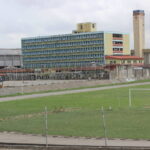






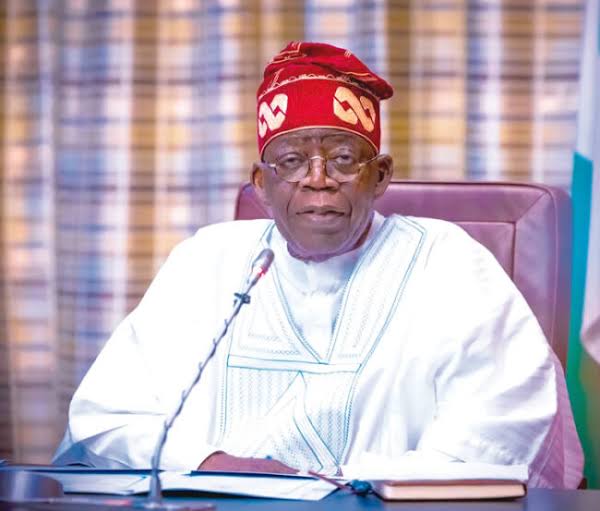

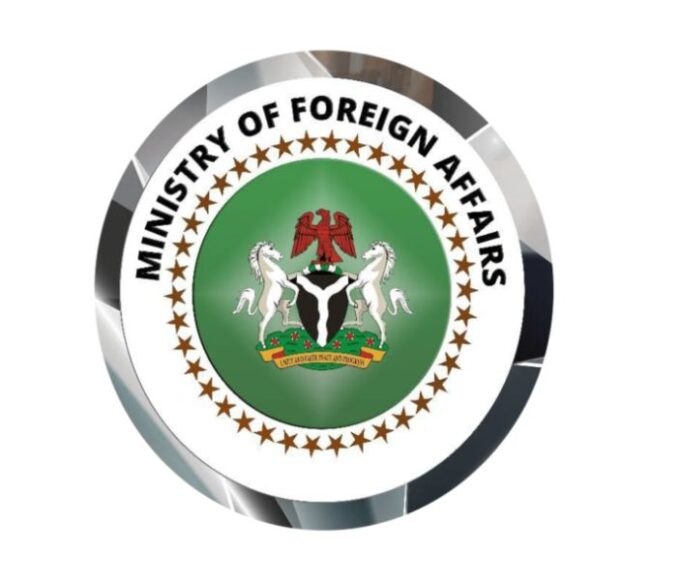

Leave a comment